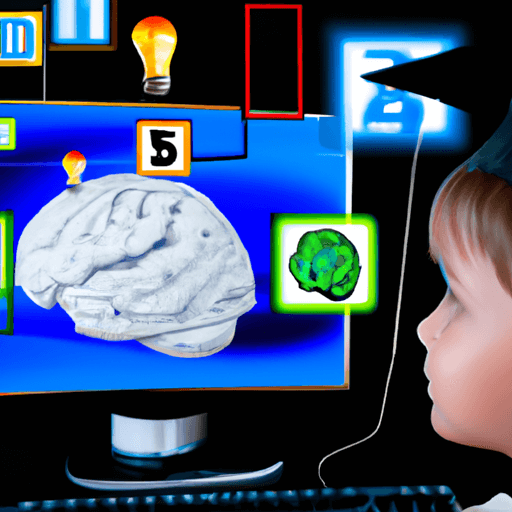Video Games and Cognitive Development: A Closer Look
As the digital age continues to flourish, video games have become an integral part of our culture and entertainment. Simultaneously, there has been a long-standing debate about the effects of video games on children, with many believing they are harmful. Yet, emerging research suggests that video games can play a constructive role in cognitive development and learning skills.
Video Games as a Learning Tool
Academics have asserted for years that various types of video games can provide substantial educational benefits. Role-playing, puzzle-solving, and strategic games are rich sources of problem-solving exercises and can stimulate mathematical and logical thinking. A study published by the American Psychological Association (APA) found that certain types of video games can lead to improvements in several types of cognitive activity, including spatial navigation, reasoning, memory, and perception.
Stimulating Cognitive Skills
Protagonists in video games often confront obstacles and challenges that compel them to think critically and strategize - similar to the process of solving a complex puzzle. A study from the Journal of General Psychology supports this claim, stating that interacting with these situations can enhance an individual's problem-solving abilities and strategic thinking capabilities, essentially promoting cognitive development.
Physical Advantages of Video Games
Interestingly, the influence of video games extends beyond cognitive benefits. Players often show improved hand-eye coordination, fine motor skills, and spatial skills. Research shows that games requiring a lot of player interaction can lead to physical improvement. Research from the National Library of Medicine corroborates this, stating that fast-paced, difficult games requiring significant player interaction… increased hand dexterity among surgeons who performed laparoscopic surgery.
Potential Downsides of Video Games
Despite the benefits, there are valid concerns about overdependence and potential harm associated with excessive gaming. It is evident that excessive gaming might lead to social isolation, physical health issues, and in some cases, poor academic performance. The key is moderation and the regulation of time spent playing video games.
Conclusion
The debate about the effects of video games on cognitive development is complex and multi-faceted. However, as we delve deeper into the digital age, there is growing evidence to suggest that video games, when used moderately, can serve as useful tools for learning and cognitive development.
In the end, video games, like any form of media, must be used wisely and mindfully. As we navigate this emerging digital landscape, understanding and harnessing the benefits of video gaming could prove invaluable, while also acknowledging and mitigating against any potential downsides.

















Comments
Leave a Comment